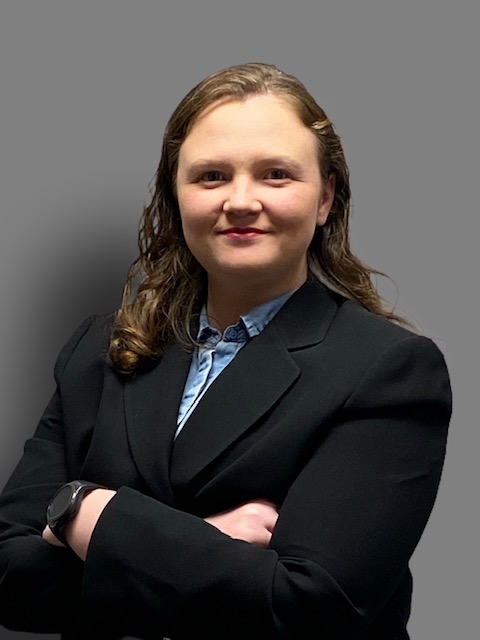Review: Loosed Upon the World Part 4
- Amanda Melton

- Sep 27, 2023
- 3 min read
Loosed Upon the World is a short story collection based on "what ifs-" on climate change, edited by John Joseph Adams.

Khelydu by Karl Schroeder (pg. 52-87)
They actually found an answer to help the planet in this one.
Or so I thought.
We start out to find that a large company manufactured windmills in Siberia to suck in CO2. The science presented in the story showed that these windmills were built on top of a limestone deposit that supposedly would soak up the CO2 like a sponge. The CO2 would be the fuel to keep the windmill going as it expells O2 back into the world.
This idea seemed like such a good plan to me. Minus the presented inner drama, it felt different than the other stories. The vision and science behind the windmills in this area seemed like it would work and show the world that it meant to help.
Then, the drama ensued more to show the alternative motive of the windmills - a deadly, tree-killing fungus.
This got me thinking that CEOs with a good, throughout plan almost always have an alternative motive to something that would be so good. Why is that? The CEO himself in the story answered with greed - he owned the patents to the equipment to get rid of the fungus once it spread and 'helped' the world 'again' through these machines. It's always about money and I realized that it is so true - these big companies and billionaires will not help the rest of us and the world because they are blinded by greed.
The Netherlands Lives with Water by Jim Shepard (pg. 143-171)
It fits the theme, sure - but it was awkward to read.
The story starts with two love birds talking about the future and essentially, the story progresses with talking about how the water keeps rising in the Netherlands to the idea that it corresponds to our love birds' way of life, careers, and unfortunately, gradual separation of each other's love.
Overall, it was enjoyable and fit the theme but the theme was drowned by lover's quarrels and climbing the ladder of one of their careers.
Outliers by Nicole Feldringer (pg. 386-398)
Climate change and video games, if they clash, a variety of things can happen.
In this case, it sounded like the video game/simulation was scientists not wanting to do their own work and research the differences and similarities between the simulation and the actual data received. The main character was a misfit and over time playing this simulation, wondered where the misfits of the simulation were going as it seemed to replicate itself. In the end, she found herself at the head of a similar project to research the data and simulations after being inspired and simply being stubborn.
It was really short, nothing to really write home about. I did find it odd that it appeared to be set in the future where people could have real avatars in the real world through VR.
Racing the Tide by Craig DeLancey (pg. 435-452)
An interesting read set in Florida. I've found it not only humorous that the author thought of how Florida would be impacted by rising sea levels but also creative for the solutions that were offered in this short story.
To be frank, I don't see the realism behind what may happen and people staying in flooded houses. I found it horrifying that the main character, who was a grandmother watching her granddaughter, would let her granddaughter stay in a room where it flooded with the rising tide. Just the room flooding alone can cause health problems and that was a red flag to me.
Despite this, I did find the overall story set the mood for how climate change can affect a whole community and how stubborn people can be with their property. With a community's sole transportation being boats, it was not surprising to see how they also adapted to their new world, making it hard for other changes they did or did not vote on.
Lastly,
I have been caught on Twitch streaming some games and writing! It's been fun so far, come join in on the fun!
I'm also trying to start a YouTube channel, follow me on there as well, and turn on your notifications for when I post!



Comments